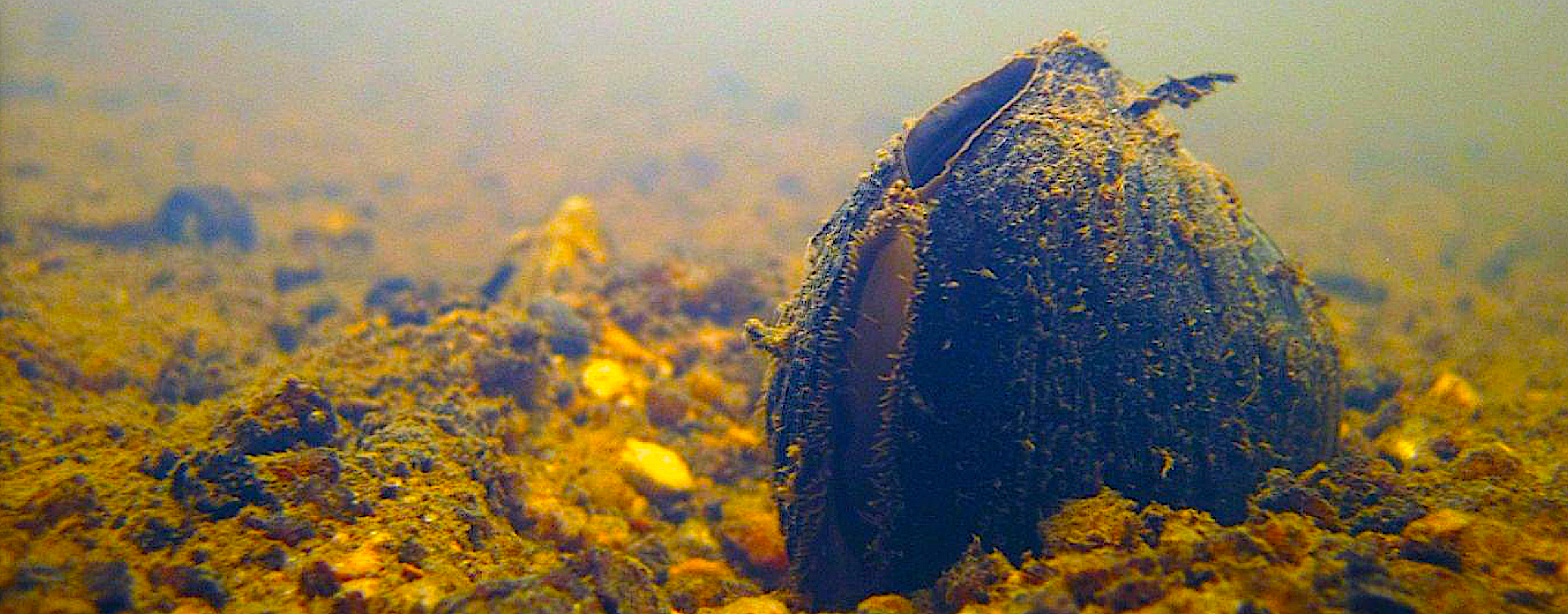New Collaborative Community Research Looks at Sharks, Oysters, Youth Training, and More

For immediate release
Contact:
Katie Mosher, kmosher@ncsu.edu
Six new projects in North Carolina are launching this year with support from the Community Collaborative Research Grant Program (CCRG). Projects explore oyster restoration, near-shore contaminants, shoreline erosion, and much more.
North Carolina Sea Grant administers the CCRG Program in partnership with the William R. Kenan Jr. Institute for Engineering, Technology and Science (KIETS) and the N.C. Water Resources Research Institute. All three partners are based at NC State University.
“The CCRG program expands its reach across the state of NC with the latest round of projects,” says John Fear, deputy director for North Carolina Sea Grant. “The ongoing focus on local needs and use of local knowledge sets up these projects for success.”
New CCRG projects include:
New River Oyster Restoration
Joel Fodrie of the University of North Carolina at Chapel Hill and Pat Donovan-Brandenburg of the City of Jacksonville will help identify where oyster restorations have succeeded on the New River to better plan future restoration efforts.
Youth Training and Conceptualizing Disaster
Kathryn Stevenson of North Carolina State University and Vequainn Joyner of the Boys and Girls Club of the Coastal Plain will work in an underserved community both to understand how K-12 students conceptualize disaster compared to adults and to explore how to better engage community members in disaster resilience efforts.
Contaminants and Sharks
Scott Belcher of North Carolina State University and Captain Charles Locke of F/V Salvation will work to compare contaminants present in four different shark species in the near shores of North Carolina, as well as determining whether mother sharks pass contaminants to their offspring.
Wetlands and Wastewater
East Carolina University’s Natasha Bell and Greenville Utilities Commission’s Jason Manning will work with a team of students to test a new hybrid constructed wetland at the Greenville Utilities Commission wastewater treatment plant.
Shoreline Erosion in Nags Head
Reide Corbett with East Carolina University and Holly White with the Town of Nags Head will be working to provide the town with highly accurate shoreline erosion data to inform Nags Head’s new Shoreline Management Plan.
Endangered Freshwater Mussels
Greensboro Science Center’s Lindsey Zarecky and the NC Wildlife Resources Commission’s Rachel Hoch will create a new innovative visitor display at the Greensboro Science Center, based on endangered freshwater mussel research, and also will develop a video to help share information about freshwater mussels both within and beyond the Science Center.
“The CCRG program provides stakeholders an opportunity to collaborate on community related initiatives that address relevant problems and issues,” says Raj Narayan, KIETS associate director. “The CCRG continues to nurture the creativity and resiliency of these communities and enables authentic partnerships focused on developing innovative approaches and solutions with beneficial outcomes and impact.”
Read more about Community Collaborative Research Grants.
- Categories:


